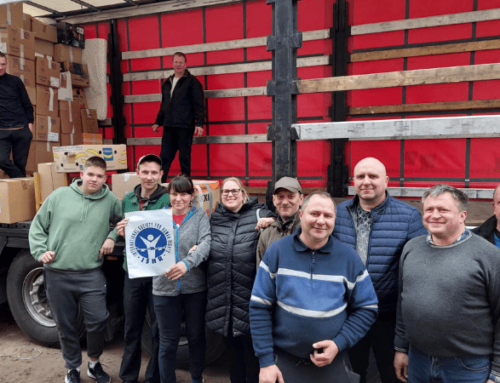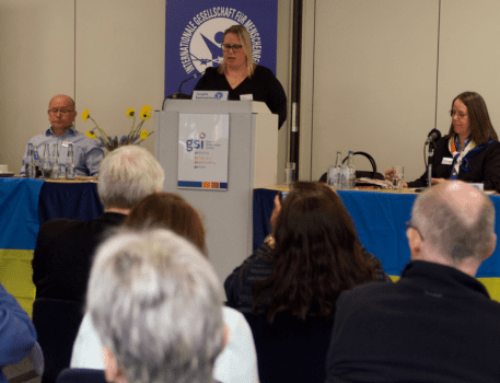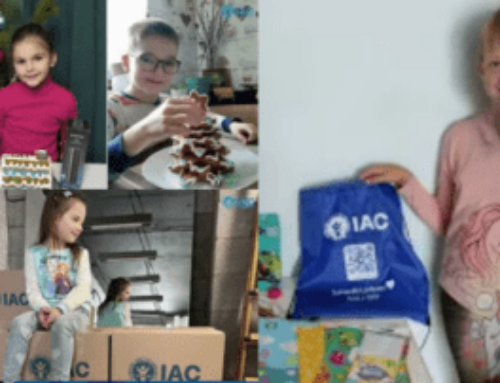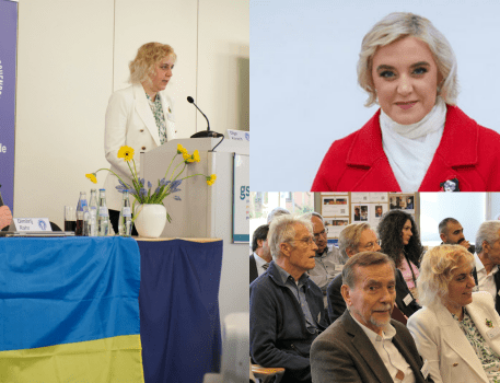Ombudsman: Moldova made no progress in human rights in 2016
In 2016, Moldova made no progress in the field of human rights. Free access to justice, the right to security, personal dignity and the right to social assistance and protection, remain the most violated rights of the citizens in Moldova.
These conclusions were drawn by the Ombudsman, who presented today, April 12, the Report on the rights and fundamental freedoms of citizens in 2016.
The novelty of 2016, according to the Ombudsman, is that the number of applications to the Office of the Ombudsman, related to the most frequently violated rights, increased compared to the previous year. Appeals on violation of the right to access to justice increased from 259 in 2015 to 296 in 2016. In 296 appeals, the petitioners alleged failure to fulfil judgments, delayed examinations, disagreement with the judgment / decision, access to lawyers, presumption of innocence, the right to damage compensation.
The number of complaints, received from prisons, increased from 195 in 2015 to 230 in 2016. In the Report, the Ombudsman pointed out that the detention conditions in the prisons of Moldova have not significantly improved, reaching the minimum level of severity, necessary to establish inhuman and degrading treatment. It is noted that only 3 of the 17 prisons have been renovated and correspond to the minimum conditions of detention (Prison No.7 in Rusca, Prison No. 10 in-Goian, Prison No. 1 in Taraclia) and that there is an overpopulation of 40 % of the detention facilities.
In 2016, people complained more about the violation of the right to social protection, being dissatisfied with low incomes, low social benefits, which do not cover subsistence; the pension system; distribution of social aid, heat allowances for the cold season and other social benefits.
As for labor rights and labor protection, the Report submitted by the Ombudsman mentioned the issue of wage arrears (2-3 months).
The report addresses the issue of the right to a clean ecological environment, in particular, ensuring the effective management of water resources, storage and collection of household waste, forestry management, protection and conservation of forests. In several districts, water from the aqueduct does not meet sanitary standards, in Anenii Noi reaching the level of 98%.
The Ombudsman reported massive deforestation that has been noticed in recent years, given that Moldova is among the European countries with the lowest rate of afforestation. This problem is compounded by the construction of capital buildings in wooded areas.
As for the right to health, there were reported violations with respect to reduced access to emergency medical care, especially in rural areas. In this respect, a study was carried out in 2016, which established that the current state of the Emergency Medical Aid Service indicates a high risk of violation of fundamental human rights, especially of the right of access to quality health services and right to the time for medical help, required in compliance with the state of emergency.
The report pointed out poor accessibility of the disabled to social infrastructure, transport, information; existing difficulties in access to justice and equality; barriers to the right to vote and work; lack of social services at community level and social benefits under the subsistence level. All of these issues were actual in 2016.
57% of the respondents of the study on children’s rights would rate them as ‘good’ or ‘very good’. However, the Ombudsman for Children draws the public attention to many problems in the field: from the lack of data to deficiencies in the system of child protection. The Ombudsman stated in the report that some groups of children (particularly with autistic disorders) were not targeted by the relevant authorities to determine the level of protection required and realization of their rights. The Children’s Ombudsman highlighted the following issues in the field of child protection: registration of children, especially newborns in Transnistria; the issue of children, who are temporarily without parents’ care; prevention of juvenile delinquency and ensuring child-friendly justice; respect for the right to education.
The Report on the rights and fundamental freedoms in Moldova in 2016 is the second report, developed by the Ombudsman, Mihail Cotorobai.
Source: crimemoldova.md









Thanks for sharing this post
Thanks to share
Thanks to sharing